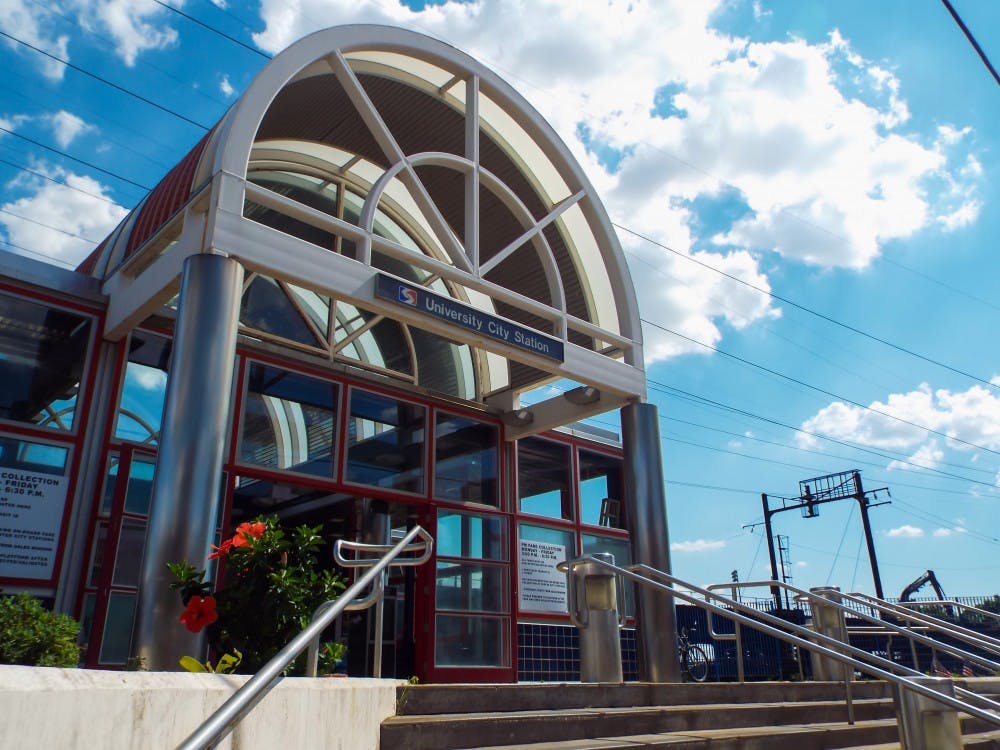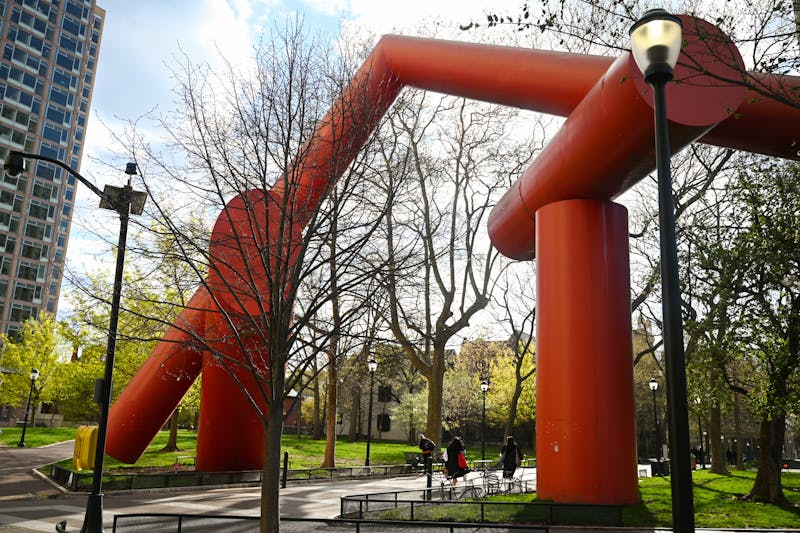
New discounted SEPTA passes for Penn students may soon become a reality.
Credit: Zach SheldonDiscounted passes for college students taking SEPTA may soon become a reality, if local universities can agree to make it happen.
The SEPTA Youth Advisory Council has long advocated for an alternative to the traditional pass, targeting students who live on campus and are looking to explore the city. A Change.org petition they filed in support of that proposal, which would lower the price of the pass by 50-75 percent, garnered over 1,200 signatures last year.
“Whereas other pass programs and the current pass program in Philadelphia are geared towards getting people from homes to campus, this program will be geared towards people who are living on campus in Philly… and helping them get beyond the Penn bubble,” said Jeff Kessler, the SEPTA Youth Advisory Council executive chairman and a graduate student in both the Engineering and Law Schools.
Kessler said SEPTA is looking to implement this new program by the next school year, but they need cooperation from the local universities in order for that to happen. This can be a long process, he said, due to the fact that universities tend to set their budgets years in advance.
“As it stands, we are currently in a place where SEPTA is working towards having this launch in a pilot capacity for the 2017-2018 school year,” he said. “At this point, though, the biggest thing that we’ve heard from SEPTA regarding this is they are putting this out there for schools who wish to participate in the pilot. It then becomes a question of which schools want to participate.”
Currently, Penn students are offered PennPass, which acts a semester-long pass for “specific service zones for semester-long discounted travel on SEPTA,” according to the Penn Transit website. Although discounted, the pass still is not cheap, with the least expensive option running at $327.60.
“There are some problems with the current pass,” Kessler said. “Notably it is a semester-long pass, which means that under the current fair structure and fair mediums in place, if you lose the pass you are out the entirety of its value.”
In an statement, SEPTA Public Information Manager Andrew Busch also noted the necessity of cooperation from local universities.
“As we have noted to the Y.A.C. in these discussions, a change such as this would first require the adoption of a related fee agreement and structure by a college or university (or colleges/universities, if multiple institutions were to be interested). If such an agreement were in place, SEPTA could work on phasing in this type of program,” he wrote.
SEPTA intends to use the 2017-18 school year as a sort of trial period for the program, an idea that Kessler believes school administrators will be more on board with.
“This one-year pilot really provides for the opportunity for SEPTA to solidify details for a long term program, as well for Penn to solidify details of any contract they establish with SEPTA moving forward,” he explained. “One of the big concerns we’ve heard from people is that there might not be the demand and usage there.”
Kessler, however, is not concerned about the level of demand for this type of pass.
“This seems like something that will sustain itself long term,” he added.
The Youth Advisory Council has begun reaching out to students and student organizations as a way of demonstrating to the universities that students are interested in the pass.
“People who are interested in seeing this come to fruition should definitely tell their school administrators that they would like to participate in the pilot,” he said.
The Daily Pennsylvanian is an independent, student-run newspaper. Please consider making a donation to support the coverage that shapes the University. Your generosity ensures a future of strong journalism at Penn.
DonatePlease note All comments are eligible for publication in The Daily Pennsylvanian.








